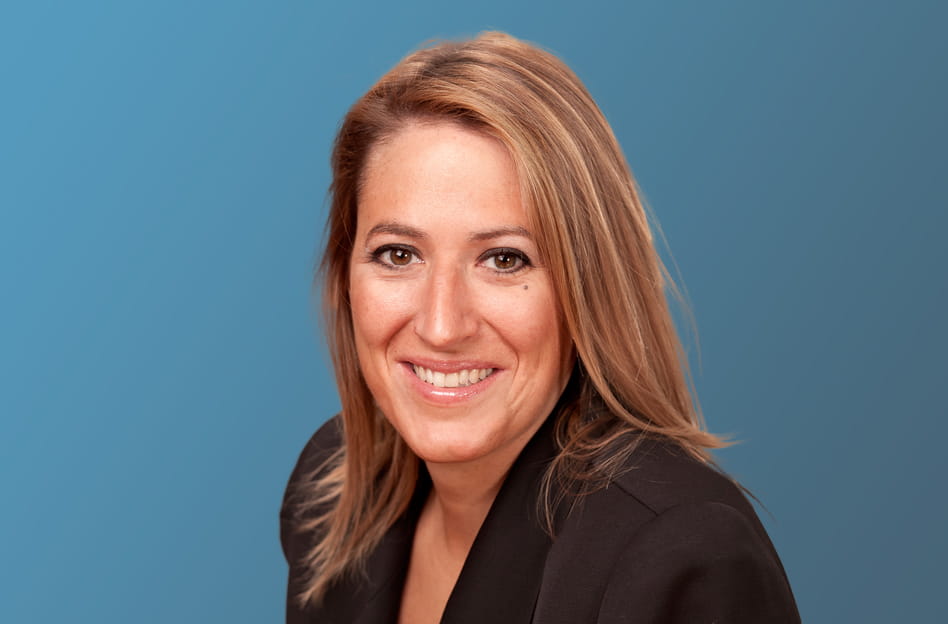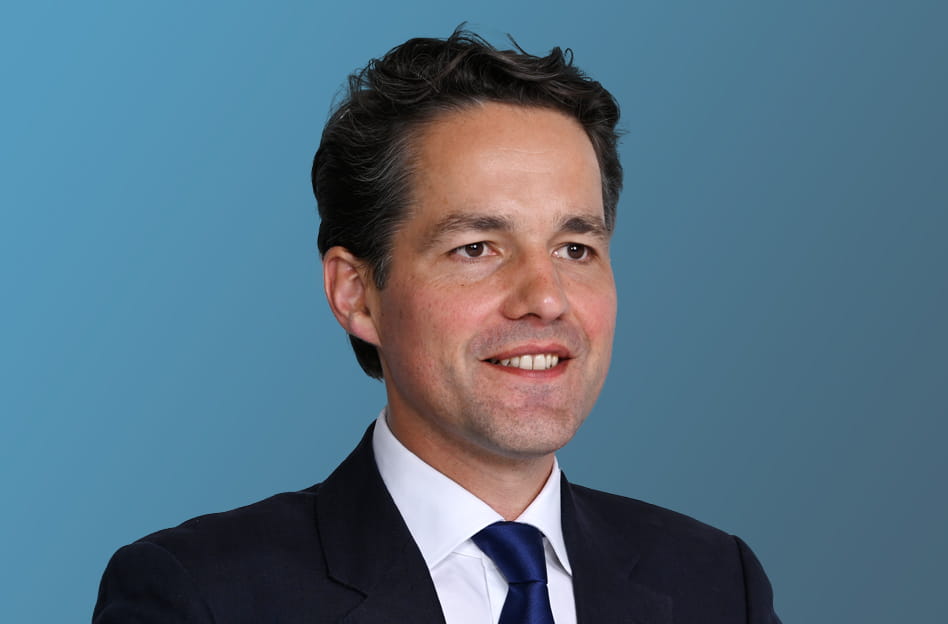Key players in CRISPR
Where such transformative technology is at stake, questions of access, control, inventorship and ownership are never far behind, and CRISPR is no exception. Major patent office disputes are currently underway on both sides of the Atlantic, the outcome of which could have huge implications for the future direction of the technology and significant economic interests in play.
The inventors
The protagonists are some of the leading lights in the scientific world today and the powerful academic institutions from which they hail. On one side is Jennifer Doudna of the University of California, Berkeley, and Emmanuelle Charpentier (formerly of the University of Vienna). Doudna and Charpentier were co-authors and collaborators on the seminal 2012 paper. To date, Doudna and Charpentier have received many of the plaudits and prizes from the lay press (including the $3 million “Breakthrough Prize in Life Sciences” in 20151).
On the other side are Feng Zhang and his team at the Broad Institute of MIT and Harvard. Zhang and his team published a subsequent paper which along with George Church’s paper (also of Harvard and the Broad), published in the same issue of Science, was the first published refinement and demonstration of the applicability in eukaryotes (organisms with cells in which whose DNA is stored in a membrane bound nucleus) of the CRISPR-Cas system which Doudna and Charpentier had developed and described in prokaryotes (single celled organisms whose DNA is loose in the cell). This difference between work in eukaryotes and prokaryotes is a key issue in the patent dispute.
The spin-out companies
Each of Doudna, Charpentier, Zhang and their respective backing institutions have formed spin out companies to commercialise the CRISPR-Cas system, partnering variously with big pharma, venture capitalists and fellow disruptive biotech start-ups in a complex series of exclusive licensing deals, joint ventures and strategic collaborations.
Caribou Biosciences and Intellia Therapeutics are associated with the Doudna camp; CRISPR Therapeutics, ERS Genomics and Casebia Therapeutics are associated with Charpentier, and Editas Medicine is associated with Zhang (although notably, Doudna was a co-founder before falling out with Zhang).
Each has received substantial funding through early funding rounds and partnerships, and each underwent an IPO in 2016, with varying success; together, even with the ongoing patent dispute, they represent the vanguard of CRISPR companies, given their stake in the patent dispute and the reputation and expertise of their big name founders.
Other major players
Toolgen Inc: Away from the headline patent dispute, Korean gene editing company Toolgen Inc. represents a potential dark horse in the global dispute, with an early PCT patent application for the CRISPR system, one Australian patent (accepted for grant in September 2016 and currently in opposition proceedings) and two patents granted in South Korea (also granted in September 2016) covering fundamental aspects of the CRISPR-Cas system in eukaryotes and modifications for improved specificity. Notably, Thermo Fisher Scientific has taken a licence of Toolgen’s CRISPR IP, continuing the relationship between the two companies. Thermo Fisher have previously licensed some of Toolgen’s technology in respect of predecessor gene editing technologies TALENs and ZFNs.
MilliporeSigma (formerly known as Sigma-Aldrich and now part of the Merck KGaA group) emerged in 2017 as a significant foundational CRISPR patent holder, and player in the CRISPR field more generally. In June 2017, they were granted a very broad patent AU2013355214 in Australia (not limited to CRISPR-Cas, or indeed expressly limited CRISPR systems at all) for methods for modifying a chromosomal sequence in a eukaryotic cell by integrating a donor sequence involving at least one RNA-guided endonuclease, at least one RNA guide sequence and at least one donor sequence. This was shortly followed by the EPO’s announcement of its intention to grant a related patent application (EP3138910) in Europe in late July 2017, with claims in substantially the same form as those granted in Australia, albeit limited to CRISPR-Cas and expressly disclaiming modifying the germ line genetic identity of a human being and methods for the treatment of the human or animal body. How these recent grants further cloud the already convoluted CRISPR freedom to operate and licensing landscape remain to be seen.
Vilnius University, home of Virginijus Siksnys, another key researcher in the field, who did much of the early work in characterising the mechanics of the system and independently published not long after the seminal Jinek 2012 paper from the Doudna lab. Siksnys is an inventor on some early CRISPR-Cas patents filed by Vilnius University. One of these early Vilnius patents was granted by the USPTO in mid-2017. Vilnius University have granted an exclusive licence to and are collaborating with DuPont, who in turn have a cross-licence (including of the Vilnius University IP) with Doudna’s Caribou Biosciences and Intellia Therapeutics.
Cellectis, a French biotech company Cellectis who have been developing “universal” CAR-T cell therapies – i.e. off the shelf CAR-T therapies which do not require the logistics, delay and expense of extracting, editing and reintroducing the cells of each individual patient. In 2017, the EPO granted a patent to Cellectis which covers the use of CRISPR in the preparation of CAR-T cells, one of the main ex vivo uses of CRISPR technology.
DowDuPont, the company formed from the 2017 merger of The Dow Chemical Company and DuPont Pioneer, which brings together the substantial CRISPR patent portfolios of each, as well as their existing licences to the IP of other major players. Notably, pioneering CRISPR scientist Phillipe Horvath conducted his CRISPR research as part of his work at Danisco, a subsidiary of DuPont (where he continues to hold the position of Senior Scientist). In late 2017 DuPont and the Broad Institute agreed to form a powerful licensing structure for agricultural users, granting access to a large pool of foundational CRISPR patents on a non-exclusive basis. Through DuPont Pioneer’s existing arrangements with Caribou and Vilnius, this licensing solution offers access to the UCB, University of Vienna and Emmanuelle Charpentier patent portfolios, as well as those of DowDuPont and the Broad Institute.
MPEG-LA are best known as the patent pool licensing body which administers the various iterations of the MPEG video codex, but have been working towards the creation of a CRISPR patent pool since late 2016. The Broad Institute announced in mid-2017 that it had submitted ten of its fundamental CRISPR-Cas patent families for consideration in the patent pool. MPEG-LA have indicated that it is unlikely any patent pool will be launched before mid-2018 at the earliest.
1 - Funded by Mark Zuckerberg and Priscilla Chan of Facebook, Google's Sergey Brin, entrepreneur and venture capitalist Yuri Milner, and 23andMe co-founder Anne Wojcicki.


